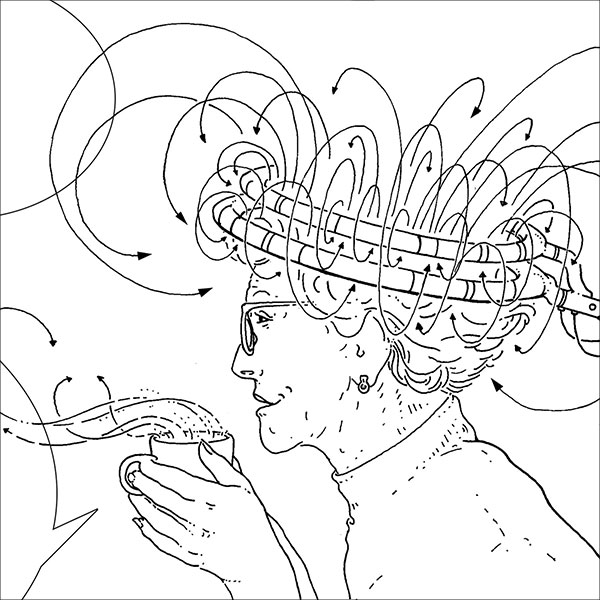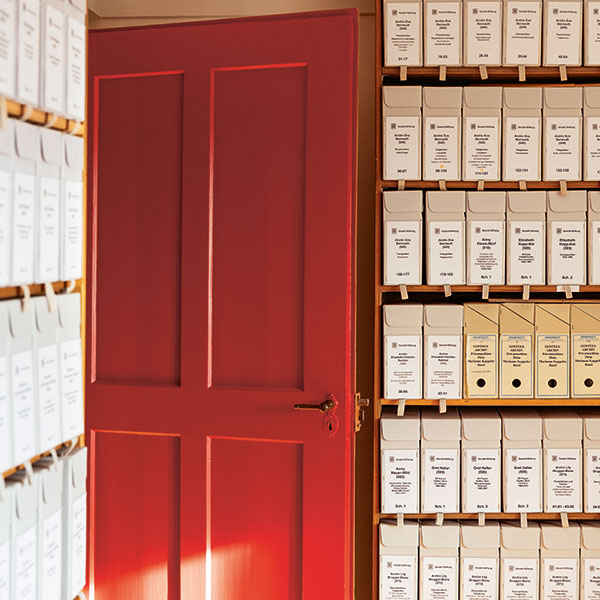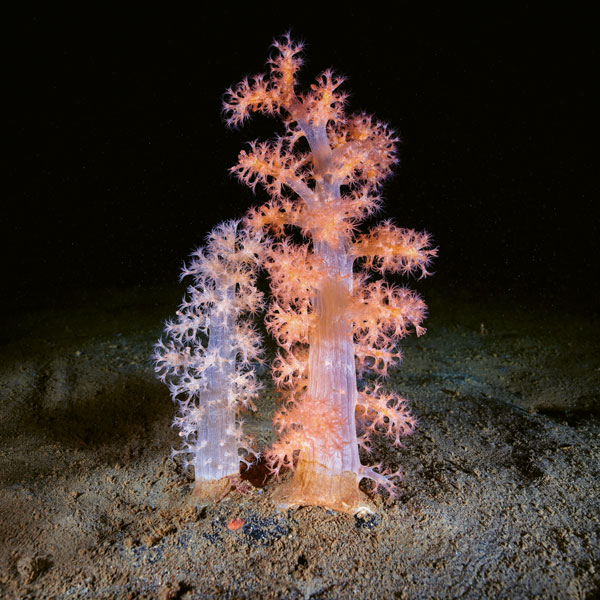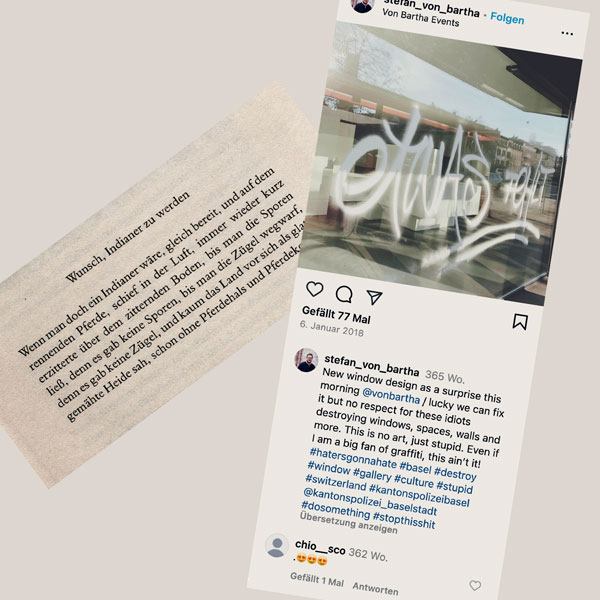No caffeine kicks for coffeeholics
The sleep laboratory enables us to determine the impact of caffeine intake on occasional coffee drinkers and coffeeholics.

Drinking coffee regularly makes you sleepy – if you stop drinking it! | Image: iStock.com/Stefano Lunardi.
The acute effect of a single dose of caffeine has been well researched – it’s that ingredient in coffee and energy drinks that keeps you awake. But the impact of regular caffeine consumption has previously remained pretty much unknown. Now, however, a study conducted by the Centre for Chronobiology at the University of Basel has shown that the stimulatory effect of this psychoactive substance diminishes when consumed on a regular basis.
Twenty healthy, male coffee-lovers took part in the study. Their average daily consumption of caffeine was 470 milligrams – an amount roughly corresponding to five cups of coffee. Every test subject was given three different pillboxes for eleven days each. One tin contained only caffeine pills, another contained a placebo, while the contents of the third tin meant the men consumed caffeine for nine days, then placebos for the last two. After they’d finished each pillbox, they went to the sleep laboratory.
Whether the test subjects consumed the active pills or the placebos made no difference to the research results. In other words, if the stimulant was constantly available, then the test subjects developed a tolerance for it. “It astonished us that human beings can adapt themselves so much to a constant consumption of caffeine”, says Carolin Reichert, the study leader.
But the effect of caffeine was noticeable elsewhere. If the test subjects withdrew from it for two days, then took a nap of an hour, they felt sleepier overall and less attentive than after having consumed only caffeine or placebos in the preceding days. So withdrawal does have a short-term effect.




